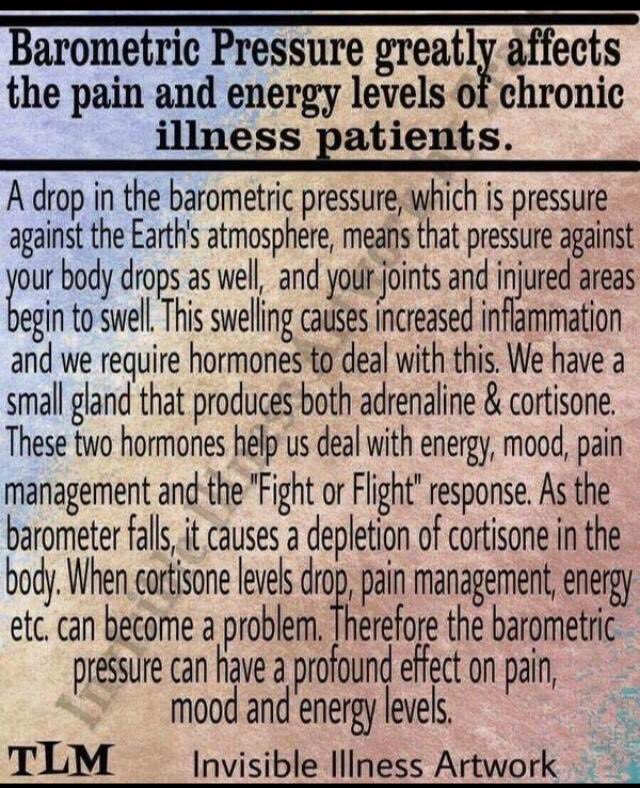Stay Positive
- Alert Camus
Friday, March 31, 2017
Thursday, March 30, 2017
M.S. News
🎗♿️ @justdawn
March is #MSAwarenessMonth
Please remember those who struggle with #MultipleSclerosis and their families who watch helplessly
MS ain't no joke
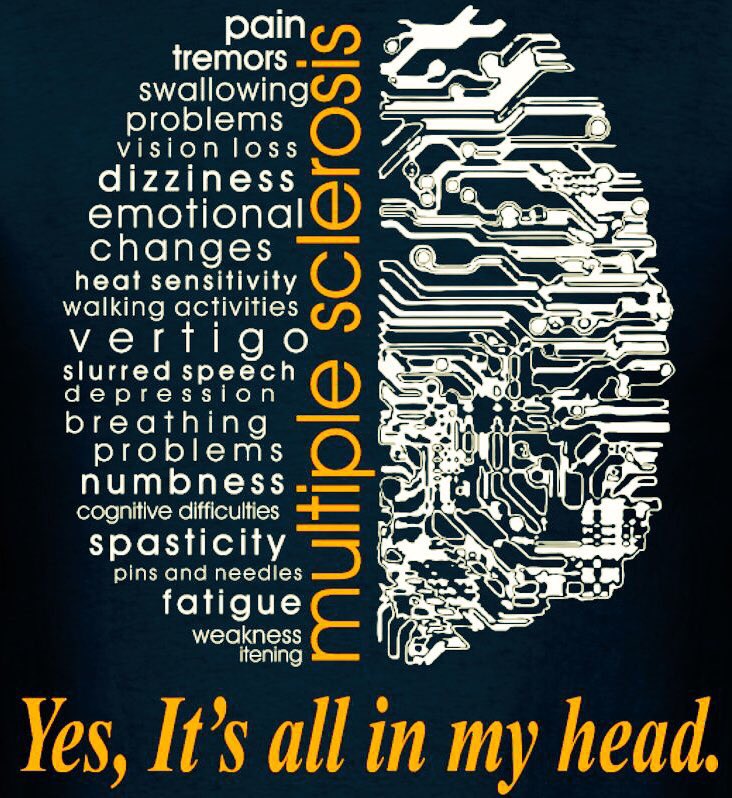
After 40-year odyssey, first drug for aggressive #MultipleSclerosis wins @US_FDA approval! http://ucsfh.org/2nkra5h #MS
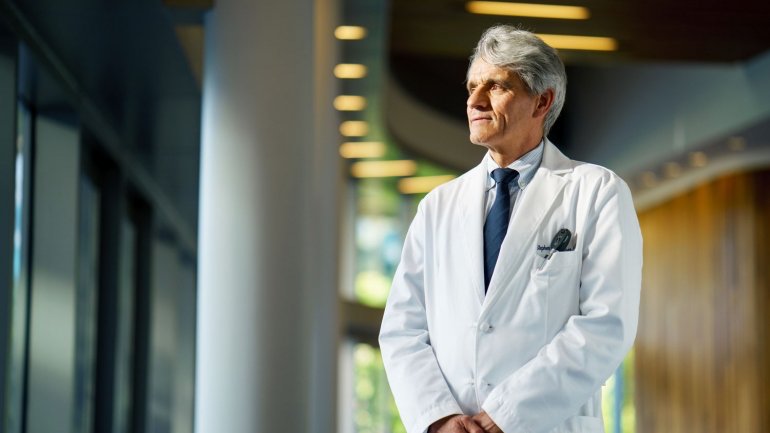
What is your medical mindset? How about your #MS Practitioner? #Induction #Escalation #MS #MultipleSclerosis http://ow.ly/YxPc308H9g2
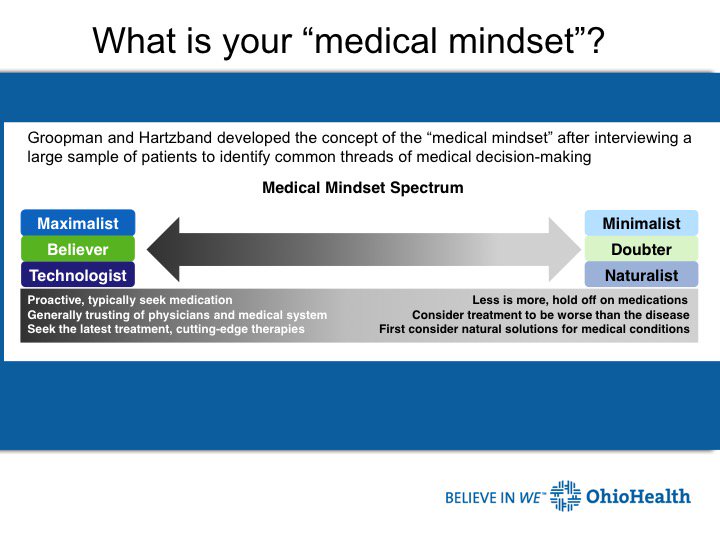
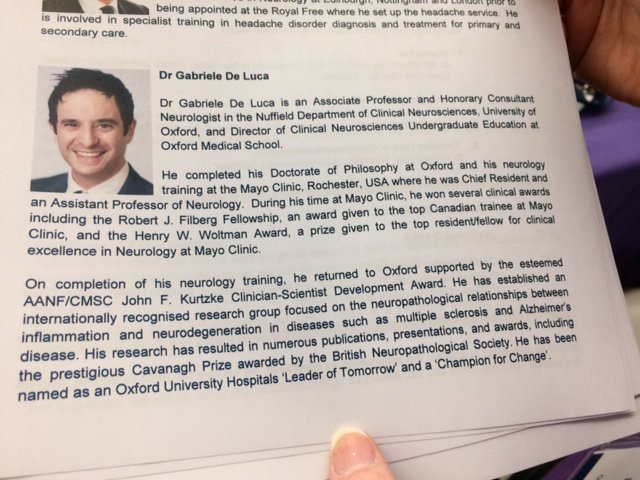
Both natural aging and MS make this reserve shrink over time
Barry Bradford @BarryMotivates
F.D.A. Approves First Drug to Treat Severe #MultipleSclerosis @DrIanWeissman @DrFerdowsi http://a.msn.com/r/2/BByZjPm
The greatest act of faith some days is to simply get up and face another day.
Both natural aging and MS make this reserve shrink over time


MStrooper08 @mstrooper08
New post up at http://www.mstrooper08.wordpress.com about #life with #MS. #MultipleSclerosis #DefyTheVerdict

"When we are no longer able to change a situation... we are challenged to change ourselves.”
-Viktor Frankl
Don't Let Your #happiness
Be Controlled by Something
You Can't Control.

Cannabis Could Be A Wonder Drug For Treating MS
01/23/2017 12:56 pm ET
|
Updated
Jan 23, 2017
This Scientist Thinks Cannabis Could Be A Wonder Drug For Treating MS
Anecdotally, medical marijuana has been extremely successful for managing symptoms of multiple sclerosis. Researchers now want to find out why.

LARS HAGBERG/AFP via Getty Images
For the more than 400,000 Americans
suffering from multiple sclerosis ― an autoimmune disease that affects
the brain and spinal cord ― the currently available treatments often
fall woefully short.
There’s no cure for MS, and frequently prescribed immunosuppressant drugs such as corticosteroids
aren’t always effective in addressing common symptoms like weakness,
tingling, numbness, blurred vision and cognitive difficulties. They can
come with significant side effects such as increased risk of infection,
weight gain, emotional changes and high blood pressure.
Increasingly,
many people with MS are turning to medical marijuana to ease their
symptoms. A growing number of anecdotal reports describe the drug’s
benefits for treating common symptoms like fatigue, muscle weakness,
anxiety and sleep deprivation, according to Dr. Thorsten Rudroff, a
Colorado State University neurophysiologist who has conducted research
on the effects of marijuana on multiple sclerosis symptoms. One patient
even called cannabis a “miracle cure” for MS.
But
But
these reports haven’t yet been verified by scientific research.
Scientists have had a hard time conducting the clinical trials necessary
to determine efficacy and dosing guidelines for the drug because of its
status as a Schedule 1 drug.
Medical
marijuana is legal in 28 states and recreational use is allowed in a
handful of others, BUT cannabis research has been heavily obstructed ―
even in states where medical use is allowed. A National Academies of Sciences report including
data from over 10,000 studies, which was published Jan. 12, noted that
scientists who want to study cannabis have to seek approval from
federal, state and local agencies for their research, and are only able
to get their samples from a single lab.
Because of these restrictions, Rudroff’s team at the Integrative Neurophysiology Laboratory has been able to conduct only observational studies rather than clinical trials.
In
a recent observational study, Rudroff’s team analyzed data on the
health status, symptom severity and use of medical marijuana from 139 MS
patients in Colorado who were already using cannabis. The results
showed that the majority of users showed fewer signs of neurological
disability, and they were also able to reduce or discontinue their use
of other medications as a result of their cannabis use.
The
Scope caught up with Rudroff to learn more about the potential of
cannabis for treating multiple sclerosis, and why the drug has been so
difficult for scientists to study.
What
are the most striking findings so far from your studies on patients who
have been using cannabis to treat their MS symptoms?
Our
experience here is that these patients reported less pain, less muscle
spasticity compared to other patients with multiple sclerosis.
Also,
we looked at some physical functions, and they performed better. These
patients were stronger in the legs, they were less fatigable, and they
also showed better balance. These are some of the preliminary findings
we’ve had so far, but of course we need more subjects to validate this
and to make sure that this is really an effect of cannabis.
I
have a lot of interactions with these patients, and they have reduced
other medications, they have less pain, they are more physically active.
It’s very exciting for me.
Do
we have a sense of why, at least anecdotally, cannabis seems to work so
well for MS symptoms? Is it that the drug is acting as an anti-inflammatory agent?
The
exact mechanisms we don’t know, and this is what I want to find out.
Some people say it’s anti-inflammatory, but we don’t know.
Another
study we are doing right now is using brain imaging. So we look at some
patients with MS who are regularly using cannabis, and put them into a
PET/CT scanner to investigate which brain areas are more or less active.
Then, we can say something about what the mechanisms are here. This is
an ongoing study that we just started here.
What are the most common currently available treatment options for MS? What are some challenges with current treatments?
Well,
many patients have pain, so they are using opiates, for
example. Opiates have many side effects ― you can get addicted to these
dangerous drugs and often they are not even working very well. I know
many patients who stopped using opiates and switched to cannabis
products, and this is working much better for them.
And
in many cases, when the patients start taking cannabis, they don’t stop
using the other medication. They are using these other kinds of drugs
in addition to cannabis. The problem is that we don’t know the
interactions between all the drugs, and this is an area that needs
further research. Usually these patients are using many drugs at the
same time.
There’s
a clear need for more research, as you suggest. So why is it so
difficult for scientists to conduct trials using medical marijuana?
The
thing is that it’s a Schedule 1 drug, so it’s at the same level as
heroin and all these other dangerous drugs. We’re not allowed to do
intervention studies ― I can’t give patients cannabis, and I can’t tell
them how to use cannabis. You need a special license to do this, which I
applied for from the Drug Enforcement Administration and hopefully will
get within the next year so that then I can do these intervention
studies. Right now, I can only do observational studies. So I invite
patients who are currently using cannabis to the lab for some
experiments.
It’s
difficult to give this drug to patients. It takes time and lots of
special requirements are there. For example, we have to order the
products from the National Institutes of Health, then we have to have a
safe room to lock them in. There are very strict rules.
There
are so many promising results out there, so why is it still a Schedule 1
drug? Why has it not been reclassified to Schedule 2? I really don’t
know.
What
do we know about the importance of THC versus CBD [the two main active
compounds in marijuana] when it comes to treating MS symptoms?
My
impression right now is that THC has more of the psychoactive effects,
and the medical benefits are coming from the CBD (cannabidiol). So right
now, I’m thinking the more CBD, the better in a cannabis product.
CBD
binds to the receptors in the human body and alters the way the
receptors act to our body’s natural signals. In MS, we have too much
activity of the immune system. CBD may inhibit this increased activity,
which may result in the medical benefits.
What needs to happen for doctors to be able to prescribe medical cannabis to patients who need it?
We’re
getting closer and closer. In Colorado, doctors can provide the
patients with a medical card, and then the patients can go to the shop
and buy these products. But what we need is more guidelines for these
patients. They don’t know how much they should take, the best ratio of
THC to CBD, or how often they should take it. Should they smoke cannabis
or use edibles?
These
are all things we have to figure out, and then doctors can prescribe
cannabis and give their patients proper guidelines. Right now it’s all
self-medication, and that can be dangerous. For example, some patients
are using cannabis with opioids and we don’t know the interactions
between these drugs. We really need some guidelines to provide these
patients.
This reporting is brought to you by HuffPost’s health and science platform, The Scope. Like us on Facebook and Twitter and tell us your story: scopestories@
Carolyn Gregoire
Senior Writer, The Huffington Post
Source: http://www.huffingtonpost.com/entry/cannabis-medical-marijuana-multiple-sclerosis-ms_us_587f95f5e4b0c147f0bc27b4
Wednesday, March 15, 2017
Every child is an artist. - Pablo Picasso

Every child is an artist. The problem is how to remain an artist once we grow up.
- Pablo Picasso
Rhino Horns confiscated
CITESVerified account
Thailand: Customs seize 21 rhino horns found in luggage from Ethiopia, biggest seizure in years https://goo.gl/b4amga #WildlifeTrafficking
Thailand: Customs seize 21 rhino horns found in luggage
CITESVerified account
Thailand: Customs seize 21 rhino horns found in luggage from Ethiopia, biggest seizure in years https://goo.gl/b4amga #WildlifeTrafficking
Subscribe to:
Posts (Atom)





